 Behind Closed Doors: Corruption Uncovered in Delhi Metro's Top Management
Behind Closed Doors: Corruption Uncovered in Delhi Metro's Top Management IndiGo to launch Urban Electric Air Taxis between Delhi to Gurugram
IndiGo to launch Urban Electric Air Taxis between Delhi to Gurugram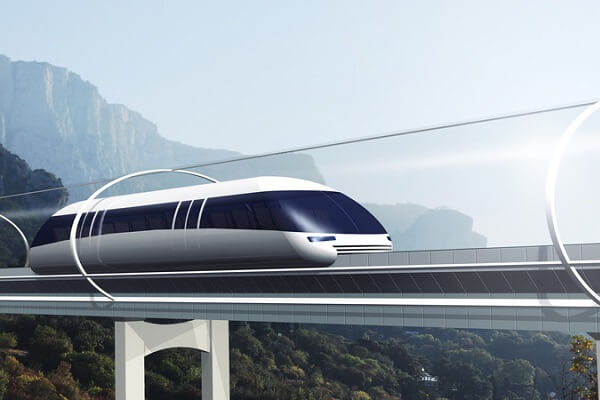 Swisspod secures Strategic Investment to advance the Hyperloop Transportation
Swisspod secures Strategic Investment to advance the Hyperloop Transportation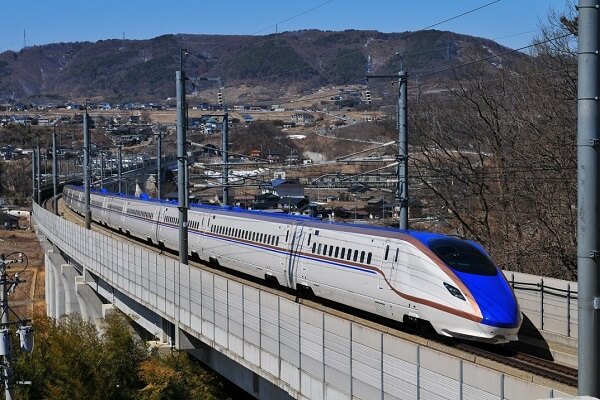 Siemens Mobility revolutionizes Copenhagen's S-bane Network with Driverless Technology
Siemens Mobility revolutionizes Copenhagen's S-bane Network with Driverless Technology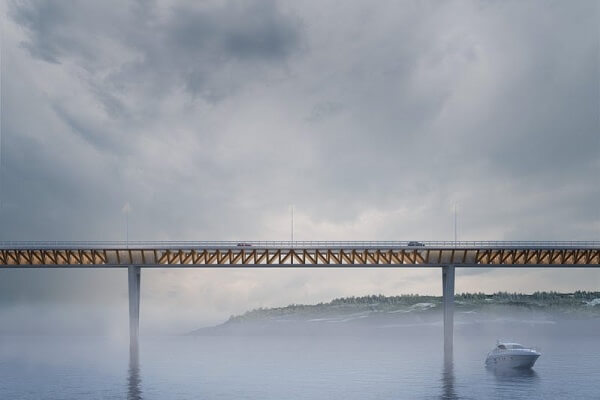 Unlocking prosperity between India and Myanmar: The Kaladan Multi-Modal Transit Project
Unlocking prosperity between India and Myanmar: The Kaladan Multi-Modal Transit Project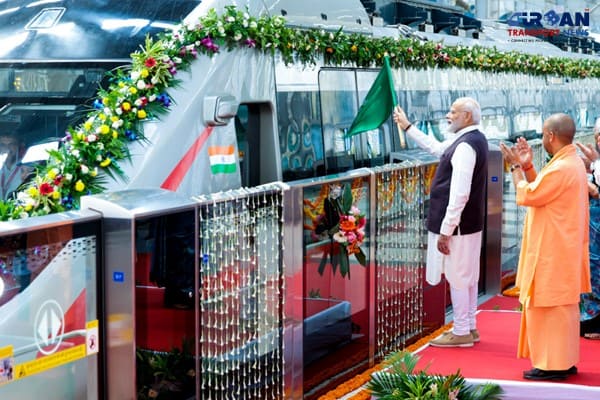 Is the RRTS Truly Accessible to the Common Man or Only the Privileged?
Is the RRTS Truly Accessible to the Common Man or Only the Privileged?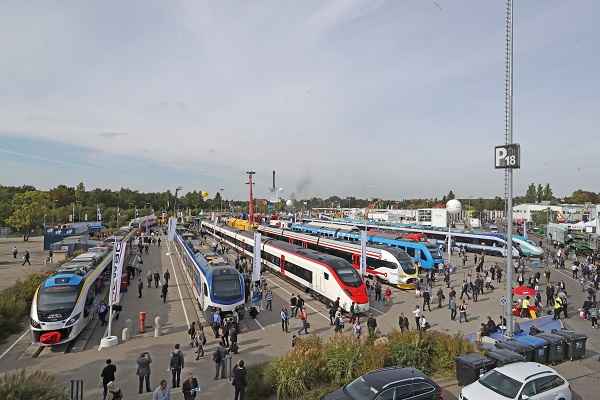 Alstom sold its Rail Signalling Technology Business to Knorr-Bremse for €630 million
Alstom sold its Rail Signalling Technology Business to Knorr-Bremse for €630 million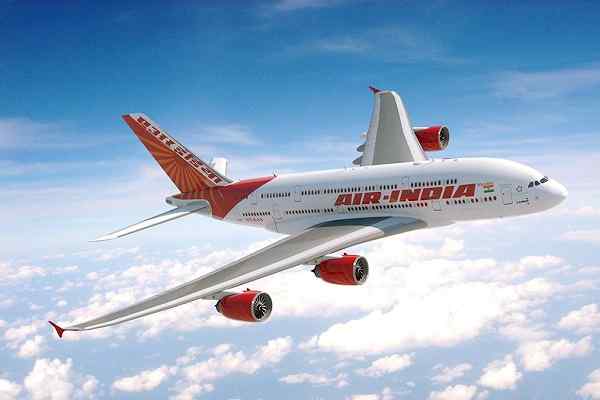 Vensa Infrastructure wins ₹412.58 crore civil contract for Hisar Airport
Vensa Infrastructure wins ₹412.58 crore civil contract for Hisar Airport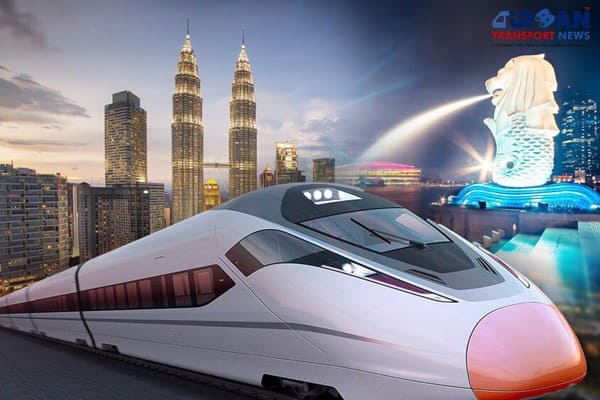 Kuala Lumpur-Singapore high-speed rail project cost could be slashed to RM70 Billion
Kuala Lumpur-Singapore high-speed rail project cost could be slashed to RM70 Billion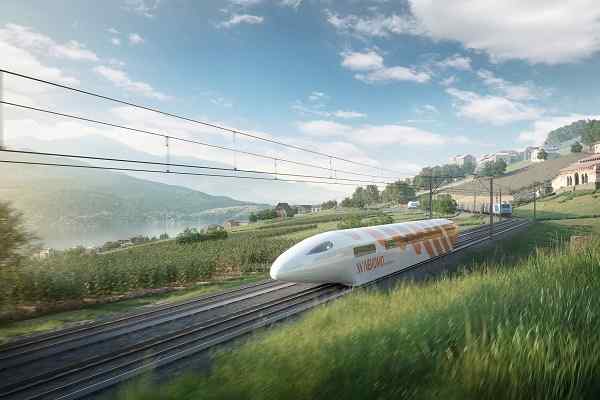 Nevomo's MagRail Technology Selected for Hyperloop Freight Demonstrator
Nevomo's MagRail Technology Selected for Hyperloop Freight Demonstrator
EV brand heads and experts share insightful ideas for fast-tracking India’s EV adoption initiative

New Delhi, India (Urban Transport News): India’s goal to “electrify” transportation and mobility is progressing at a steady pace. According to a report by the Society of Indian Automobile Manufacturers (SIAM), total passenger vehicle and two-wheeler sales were up by 11.12% and 10% respectively in July 2022 compared to the same month in 2021, while utility and three-wheeler clocked 10.51% and 72% growth respectively for the same corresponding period. However, the EV industry still has a long way to go before it can make a dominant run in the Indian automotive ecosystem.
On the occasion of World EV Day, renowned advocates of e-mobility including EV brand leaders and experts have put forth their viewpoints on how India can fast-track the development of its EV sector.
"I firmly believe that electric mobility will define the future of transportation. With growing awareness among citizens about the benefits of EVs and green mobility, we are taking a small but significant step in the manufacture and use of economically friendly driving alternatives. It’s a journey we are taking together. Fleet operators, local transportation agencies, and current and potential electric vehicle drivers are all playing a critical role in accelerating the transition to sustainable road transportation and a world without emissions," said Naveen Munjal, Managing Director, Hero Electric and President, SIAM.
The global automotive industry is undergoing a paradigm shift at present, exploring alternative fuels and renewable energy options with the objective to drive “clean mobility” and cut down on carbon emissions. “Electric vehicles are among the key drivers of sustainable energy future as it will help us to achieve our carbon-neutral goal. Be it country, utility, industry, infrastructure or society, it will require us all to collaborate, co-innovate and co-create EV ecosystem,” highlighted Akilur Rahman, Chief Technology Officer, Hitachi Energy India.
To make e-mobility a more compelling prospect, it is very important for charging stations to be built in all cities and rural areas of India, just like petrol pumps. Highlighting the fundamental importance of charging infrastructure, Virendra Goyal, Head of Business Development (EV), Tata Power, stated: “Development of an easy, accessible charging infrastructure is absolutely essential for large scale adoption of EVs.”
Elaborating on the idea, Ravi Kumar Panga, CEO & Director, Causis Group, commented: “EVSE is a core component of a healthy EV ecosystem and requires adequate planning and dedicated electrical infrastructure at various levels of the distribution grid.”
Proper compliance with standards and regulations for battery safety announced by the Indian government will also be an essential factor in encouraging consumers to switch to EVs. As Atul Arya, Head - Energy Systems Division, Panasonic Life Solutions India, suggests: “Better safety and reliability would drive consumer acceptance and demand for electric vehicles.”
The Brihanmumbai Electric Supply & Transport Undertaking (BEST) carries around 4.5 million passengers every day on buses including those operated by diesel which adds to citywide air pollution alongside the autonomous petrol and diesel-run vehicles. Government’s recently proposed plan to make BEST buses “100% green energy based” will contribute to more inclusion of electric buses in the fleet.
Advocating the electrification of public transport, Dr. Kanakasabapathi Subramanian, Senior Vice President - Product Development, Ashok Leyland, makes his remark: “Clean mobility in the public transportation segment will be significant in lowering emissions, as public transport accounts for a large portion of all transport.”
Taking a step towards this initiative, Mahesh Babu, Chief Executive Officer, Switch Mobility, said: “The ultimate aim of electrification is to achieve net zero. Let me give you an example – an electric double-decker bus would reduce about 70 tons of CO2 per bus per annum. Switch Mobility is planning to run about 200 electric double-deckers in Mumbai which will save a substantial amount of CO2 in the environment. It is equivalent to planting 86,000 trees per annum in Mumbai.”
Also showing commitment to sustainable, green and clean mobility solutions, VE Commercial Vehicles (a joint venture of Volvo Group and Eicher Motors) said that they aim to accelerate the transition to environment-friendly, made-in-India electric vehicles.
Akash Passey, President, VE Commercial Vehicles, said: “To improve EV adoption and to provide a smoother transition from the current diesel vehicles to electric vehicles, we have not only been deploying and maintaining electric buses across the country but are also helping in our own small way transport bodies to set up charging stations as well as the supporting infrastructure”.
Sharing this sentiment Suresh KV, President & Regional Head, ZF India, added: “We continuously pursue the goal of a cleaner and more efficient transportation, and to that effect, we develop and manufacture components along with network systems for electro-mobility.”
The switch to electric vehicles will be a big boon for India, allowing one giga tonne of reduction in carbon dioxide emissions and lowering oil imports by billions of dollars. As a premier conference for the EV industry, E-Mobility India Forum powered by NGV India Summit 2022 will play a major role in this epic transition.







